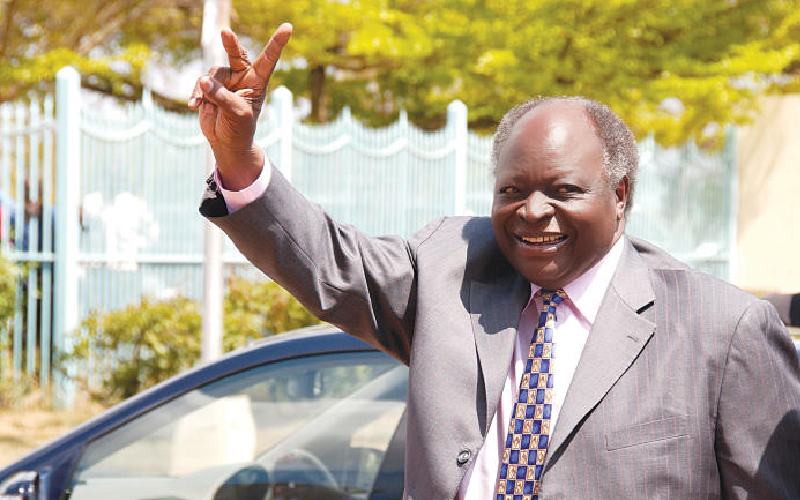×
The Standard e-Paper
Home To Bold Columnists

I was in lower primary when Mwai Kibaki’s National Alliance of Rainbow Coalition (Narc) took power.
I remember hearing the song Unbwogable, one of his campaign songs, playing on repeat on my father’s radio and on campaign roadshow trucks. I heard adults express enthusiasm before, then delight after the elections.